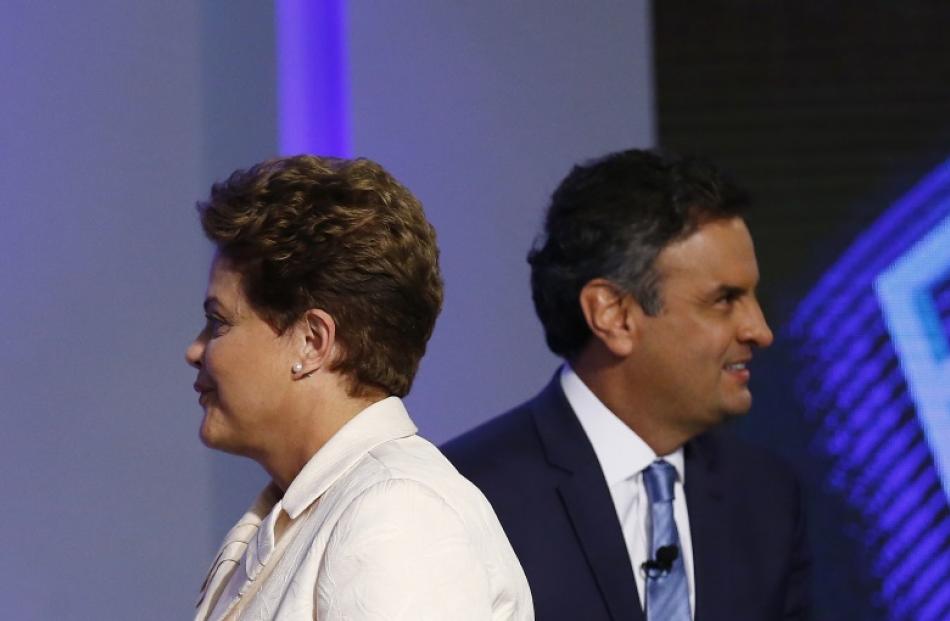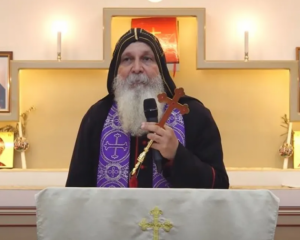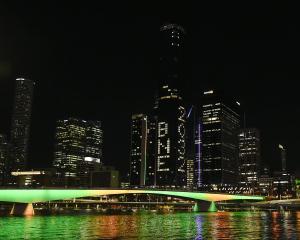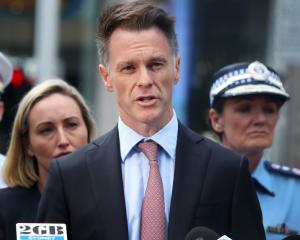Pro-business opposition candidate Aecio Neves has gained support and is running neck-and-neck with leftist President Dilma Rousseff ahead of Brazil's October. 26 presidential runoff, two polls showed.
The tight race highlights why Neves is actively seeking an endorsement from popular environmentalist Marina Silva, who finished third in the election's first round on Sunday with 22 million votes.
Neves has 46 percent support against 44 percent for Rousseff, surveys by the Datafolha and Ibope polling firms showed. Excluding undecided voters, spoiled and blank survey responses, Neves had 51 percent against 49 percent for Rousseff.
The gap between them is statistically insignificant because it is within the margin of error of both polls, meaning the race remains too close to call at this point.
The polls were the first by Brazil's two major polling firms since Sunday's first-round vote in which Rousseff won 41.6 percent of the votes cast to 33.6 percent for Neves, a difference of 8 million votes.
Neves, a centrist senator who is an investor favorite, had trailed Silva for most of the campaign but surged late to secure a spot in the runoff. Brazilian financial markets rallied early in the week after Neves's strong showing, hoping that his momentum heading into the second round would give him a solid lead over Rousseff.
To unseat Rousseff and put an end to 12 years of Workers' Party rule, Neves is trying to woo voters who backed Silva and other opposition candidates in the first round.
Silva's Brazilian Socialist Party backed Neves on Wednesday, but she wants to see him formally embrace some key points from her campaign platform before offering a personal endorsement.
A Silva aide, Pedro Ivo, said she is seeking "progressive" commitments to defend the rights of Brazilian Indians and landless peasants, issues that are not part of Neves's platform. She also wants Neves to commit to "sustainable development," a key concept of her campaign.
Silva also came in third in the last presidential election, when she ran on the Green Party ticket. In the 2010 runoff, she remained neutral instead of endorsing a candidate.
This time, though, Silva looks inclined to throw her weight behind Neves following an acrimonious campaign in which the Rousseff camp ran a flurry of attack ads portraying Silva as a serial flip-flopper beholden to a greedy financial elite.
TV CAMPAIGN BEGINS
Analysts expected Neves to do well in the first week of the runoff campaign, buoyed by favorable media coverage of his strong showing in the first round. But they also caution that Rousseff has plenty of time to claw back into the lead.
"It's more a matter of when, and not if, the Neves wave will start to recede," the Eurasia political risk consultancy said in a note to clients.
Thursday was the first day of television campaigning after Sunday's vote, and Rousseff came out swinging. She warned Brazilians that what was at stake in the election was a model of development that has improved the lot of the poor in Brazil during more than a decade of leftist Workers' Party governments.
"He represents a model that bankrupted the country three times, cowered Brazil before the International Monetary Fund, privatized state companies for peanuts, caused widespread unemployment, wage reductions and recession," she said.
Neves, a former state governor whose party ruled Brazil from 1995 to 2002, pointed to Sunday's votes as a sign that a majority of Brazilians want a change of government and vowed to restore growth to Brazil's stagnant economy and deliver better jobs and salaries.
He appealed to voters disenchanted with Brazil's political establishment who did not vote on Sunday to come out and back him. "Brazil needs a government that works," he said.
Rousseff has a strong base of support among Brazil's lower classes but is also up against a widespread desire for change in a country where many Brazilians see their politicians as self-serving and corrupt.
In her TV ad, Rousseff vowed to crack down "very hard" on corruption.
But a festering corruption scandal involving state-run oil company Petroleo Brasileiro SA and three political parties from the ruling coalition threatens to dog her for the rest of the campaign after testimony from a former Petrobras executive was leaked on Thursday.
In a recorded plea bargain that was aired on Brazilian television, Paulo Roberto Costa, the former head of Petrobras' refining and supply unit, said Rousseff's Workers' Party and two allied parties shared the proceeds of a 3 percent kickback from construction, shipbuilding and other contracts.
The Workers' Party and Petrobras denied the allegations, dismissing them as a politicized smear campaign. The Neves camp latched on to the case, using it to argue that Rousseff and the Workers' Party are soft on corruption.
"This is sad episode in the history of Petrobras and of Brazil. Corruption has always existed, but when it appears to be organized by party leaders it makes you angry," said Mansueto Almeida, a Neves campaign adviser.
"It's just an allegation and the courts will have to gather proof. But it's a serious problem for the current government."













